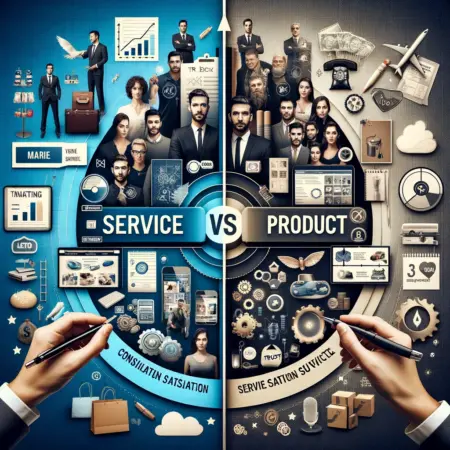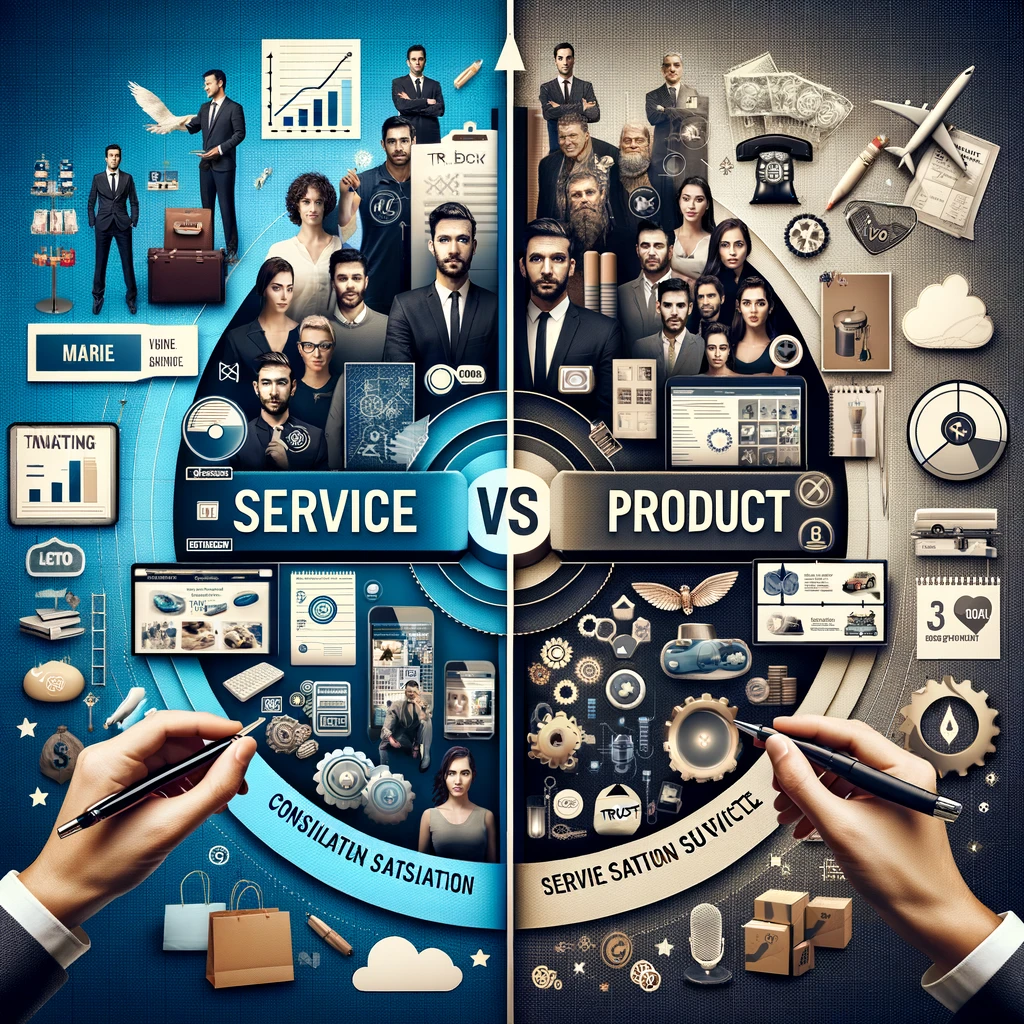Learn how marketing a service differs from marketing a product. Discover the unique strategies and approaches that can help businesses effectively engage customers and drive success.
Whether you are selling a product or offering a service, understanding the nuances of marketing is essential. However, it is important to recognize that marketing a service differs in several ways from marketing a product. This article will delve into these differences and shed light on how businesses can effectively market their services or products.
How is Marketing a Service Different from Marketing a Product

Marketing a service differs from marketing a product in several key aspects:
- Intangibility: Services are intangible, meaning they cannot be seen, touched, or felt before the purchase. This makes it challenging for customers to evaluate the service beforehand. Marketing a service often involves focusing on the benefits, experiences, and outcomes that the service provides.
- Inseparability: Services are typically produced and consumed simultaneously. For instance, a haircut or a legal consultation cannot be separated from the provider. This inseparability means that the quality of service delivery and customer satisfaction are closely linked, often requiring a greater emphasis on the skills and professionalism of the service provider in marketing efforts.
- Variability: The quality of a service can vary greatly depending on who provides it, when, where, and how. This inconsistency can make standardization and quality control more challenging. Marketing for services often includes managing customer expectations and emphasizing the training and qualifications of service providers.
- Perishability: Services cannot be stored, saved, or inventoried. For example, an unfilled appointment slot for a doctor or a consultant is a lost opportunity that cannot be regained. Marketing strategies for services often focus on managing demand through appointment scheduling, promotions during off-peak times, and ensuring consistent service quality to encourage repeat customers.
- Customer Involvement: In many services, the customer is actively involved in the service delivery process. This can affect the outcome and their satisfaction. Marketing for services often focuses on managing customer relationships, enhancing customer involvement, and improving the overall customer experience.
- Relationship Marketing: Service marketing often requires a stronger focus on building long-term relationships with customers. It’s about creating customer loyalty through excellent service, consistent quality, and ongoing engagement.
- Promotion Strategies: Promoting a service often involves highlighting the expertise and credentials of the provider, customer testimonials, and case studies. Unlike product marketing, which can rely on the physical attributes and features of the product, service marketing must often use more abstract and emotional appeals.
- Pricing Strategies: Pricing services can be more complex than pricing products. Factors like time, effort, expertise, and the perceived value play significant roles. Service providers often use pricing strategies like hourly rates, project-based pricing, or value-based pricing.
Conclusion
Marketing, both for services and products, plays a vital role in driving business success. While there are similarities in marketing strategies, understanding the differences is crucial to develop effective marketing campaigns. By recognizing the unique challenges and opportunities present in marketing a service versus marketing a product, businesses can tailor their efforts to engage, attract, and retain customers effectively
